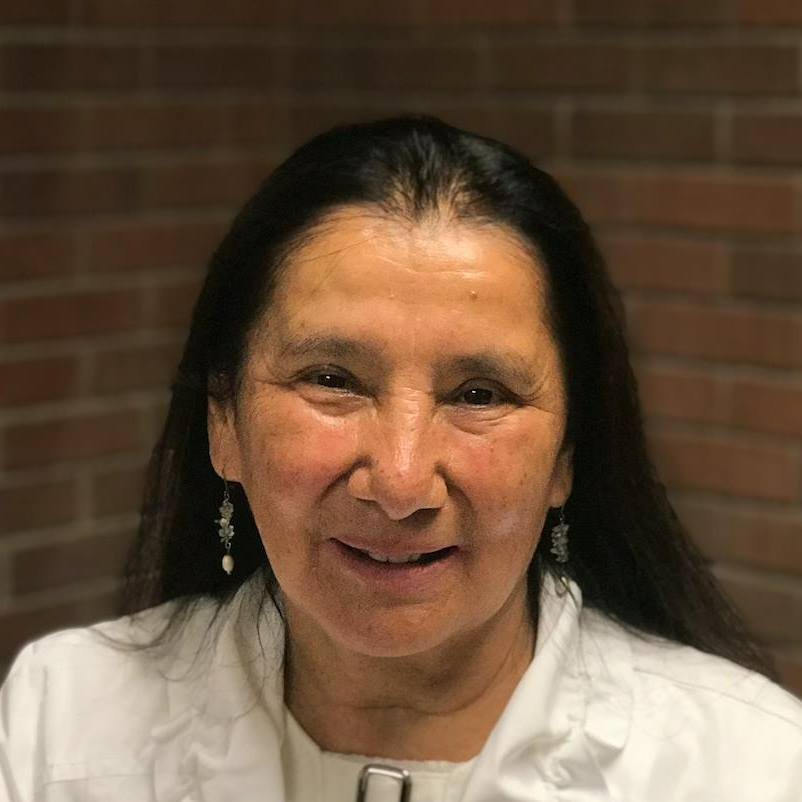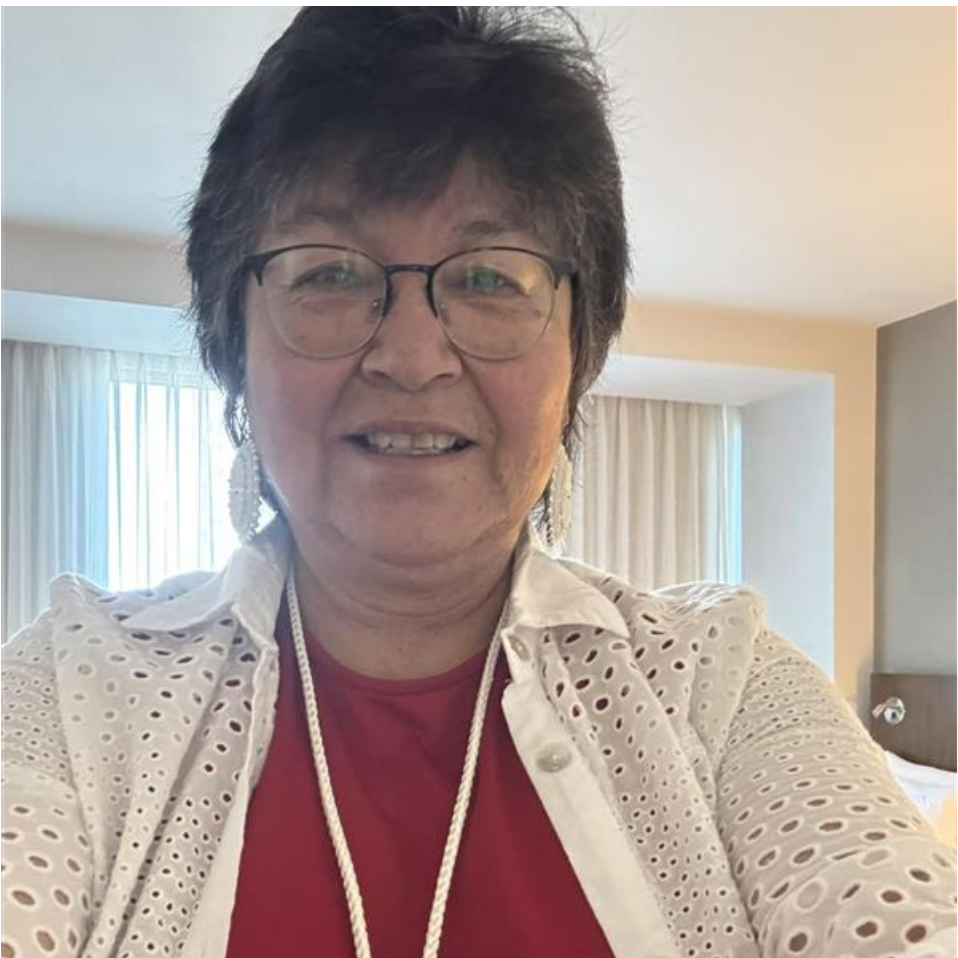We use cookies on this site to enhance your experience.
By selecting “Accept” and continuing to use this website, you consent to the use of cookies.
Since inception in 2020, our research group partners on applied health and wellness research projects requested by communities, organizations, and/or governments. We are committed to collaborative and partnered approaches to developing, conducting, and sharing knowledge from research.
The health and wellness of people, families, communities, and nations are often tied to non-health systems such as education, child welfare, justice, environment, local governance, and spirituality. As such, our work often involves working with diverse and interdisciplinary rights holders and stakeholders to address issues that will lead to improved health and wellness, as defined by those who the research is intended to benefit.
We are honoured to have our research group gifted the name Ishkode by Elders Ningwakwe (Priscilla) George and Lori Kewaquom of Saugeen First Nation (pictured below). The Ishkode: Interdisciplinary and Indigenous Pathways to Wellness Research Group at Wilfrid Laurier University is led by Dr. Melody Morton Ninomiya (Canada Research Chair in Community-Driven Knowledge Mobilization and Pathways to Wellness; Associate Professor, Laurier Department of Health Sciences) and includes students and experienced researchers. Rooted in Indigenous ways of knowing, Ishkode (pronounced ish-ko-deah) is both a physical and virtual gathering space where community partners, students, and researchers come together to engage in meaningful, community-driven health and wellness research.


Elder Ningwakwe George Elder Lori Kewaquom
At its heart, Ishkode is dedicated to supporting community health and wellness through research that is community-requested, responsive, and accountable. While we prioritize and embed mentorship and training for Indigenous students, we work with diverse students who understand the importance of cultural humility, self-determination, and dignity for all equity-denied and deserving people. The community-driven research work we do extends beyond academia, ensuring that research knowledge is accessible, engaging, and impactful for the communities we serve.
The Meaning of Ishkode
The name Ishkode is a combination of two parts: ishk or shk meaning “first”, and ode meaning “heart”. Together, Ishkode is the Anishinaabemowin word for "fire", and is also translated as “first spark in your heart”. We received this gifted name with gratitude and recognition for the profound significance Ishkode carries. To summarize Elders Ningwakwe George and Lori Kewaquom’s reflection on how they came to choose this name for the Lab: fire is a cleanser, clearing away the old to make way for new growth. It is the spark of creation, the life force within all of us, and a source of resilience and renewal. Sacred fires have long been used in ceremonies, healing, and gatherings—not only to guide spirits on their journey but also to support those who remain.
Ishkode represents the fire within—the strength that fuels us, the warmth that brings people together, and the energy that sustains our collective work. As a research lab, we see this name as a reflection of our mission: to nurture the inner fire of students, community members, and researchers, strengthening each other through collaboration, knowledge sharing, and a commitment to addressing the health and social inequities faced by Indigenous communities.
We invite all who share our commitment to social and epistemic justice, health equity, and Indigenous self-determination in research to connect with us. Whether through collaboration, mentorship, or learning, we welcome you to Ishkode, where we will continue to feed the fire of knowledge, healing, and transformation together.
The Logo
The logo was created by Ojibwe artist Taylor Cameron (https://www.neowoodland.ca), also from Saugeen First Nation. The Ishkode logo is a graphic interpretation of the elements and meaning of the name Ishkode.

Interdisciplinary and Indigenous Pathways to Wellness is involved in projects that extend beyond the key areas of research listed above, as well as embody or study the areas above. For example, while all Indigenous health research projects are governed by and/or partnered with Indigenous communities, we are also collaborating on developing, piloting, and evaluating online training on Indigenous community research partnerships, principles, and practices. We collaborate with other community and research partners on projects in areas such as cultural safety, data governance and surveillance, and culturally-specific health indicators.
Research methodologies and methods greatly vary depending on the project. Depending on the objectives and desired outcomes of the project, the knowledge systems, key concepts, and approaches may vary. For example, we have projects that are:
All research with and for Indigenous groups, organizations, and nations are governed and owned by the Indigenous group, organization, or nation.
Contact Us:
E:
Dr. Melody Morton Ninomiya, Associate Professor
T:
519.889.4446
Office Location: BA546
E:
Nicole Burns, Project Coordinator
Office Location: BA303F